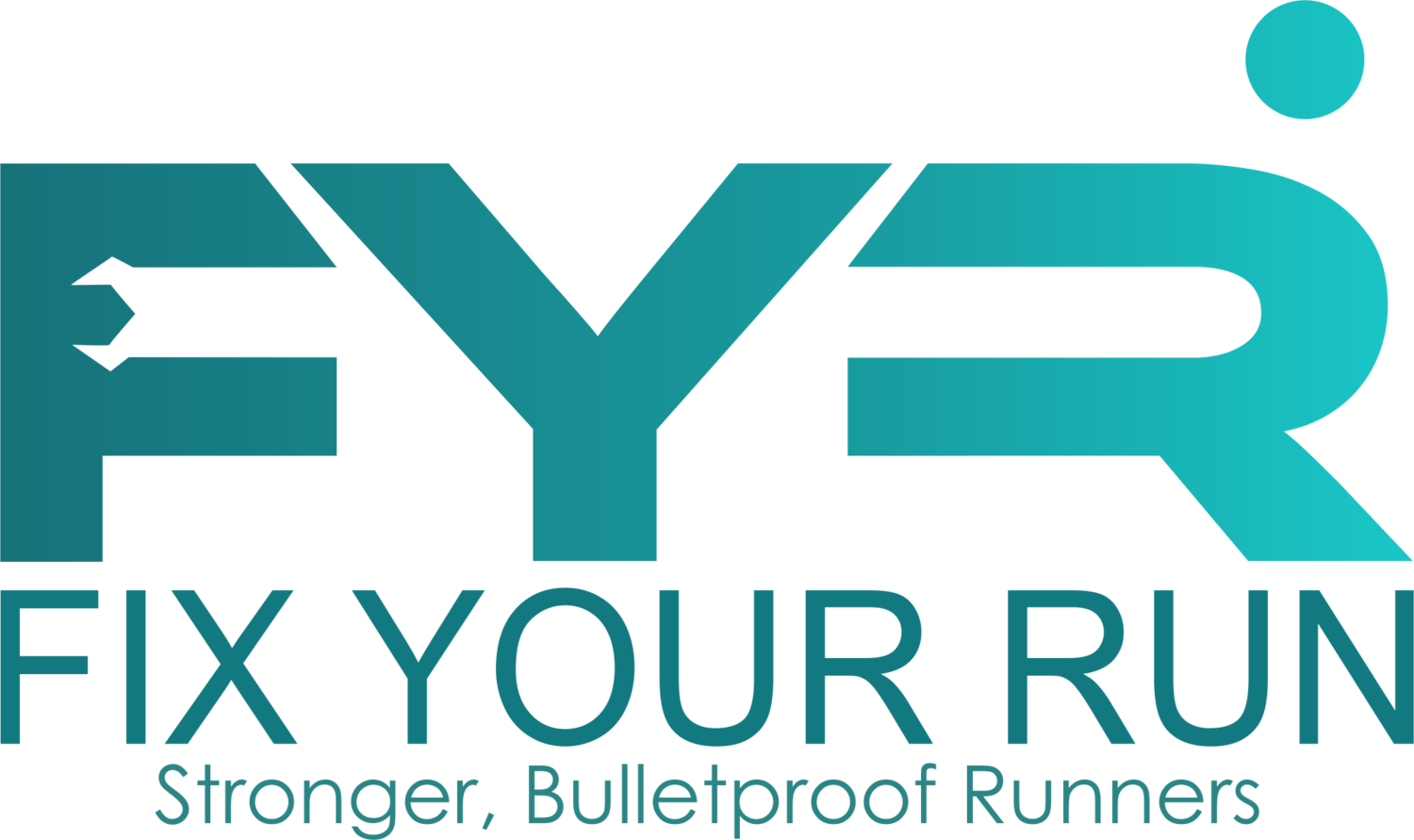Thanks to Gray Cook and his book, Movement, for inspiring this post. I like the following quote, “Historically, the environment forced us to adapt since our ability to modify our surroundings was limited. Today we seem to resist natural and practical adaptation at every turn, while we modify every part of the environment that touches us.” Next time you're at your local boot camp workout or group exercise class take a look around. Listen to the instructor. Notice how the emphasis on quantity often outweighs the emphasis on quality? Workouts are often judged on how much work we do in a given amount of time. How far did you run? How fast did you run? How many push-ups can you do?
 Don't get me wrong, I love performance measurement just as much as the next guy. Heck, I just got the new Garmin Forerunner 610 to track my pace, distance, routes, heart rate, etc! The touch screen is pretty sweet, indeed.
Don't get me wrong, I love performance measurement just as much as the next guy. Heck, I just got the new Garmin Forerunner 610 to track my pace, distance, routes, heart rate, etc! The touch screen is pretty sweet, indeed.
But what I'm saying is that as a society we have gotten away from what really matters. And that's movement quality. What happened to progression?  A gymnast doesn't start out rocking a mean iron-cross or an elaborate floor routine in year one just as (traditionally) a runner doesn't run a marathon in his first year of training.
A gymnast doesn't start out rocking a mean iron-cross or an elaborate floor routine in year one just as (traditionally) a runner doesn't run a marathon in his first year of training.
Now obviously you can do whatever you want. But you also have to accept the consequences, ok?
Let's say you're a brand new runner who wants to run a half marathon with your friends who are already runners. With or without shoes, you can run 2 minutes before tiring. If I give you shoes, what will happen? Most likely you will be able to run farther and faster than without shoes, right? Clearly the shoes will cushion and protect your feet and that will prevent injury ...at least in the short term.
Now, what would happen if I instructed you to build up your mileage without shoes? What do you think that progression would look like? A lot slower, huh? Why is that?
The reason is that you are forced to focus on quality of movement first, before considering quantity.
If you run with poor technique, your body will let you know because it will hurt! Over-stride and your heel will let you know. If you're feet are weak, then they will start to ache after only a few minutes of running. This is one of the reasons barefoot running can be considered a “self-limiting” activity. You can only do as much as your current ability or weakest link allows. Some other examples include jumping rope, surfing and climbing. If you don't own the movement, you won't succeed.
With consistent training you would eventually build up the necessary strength in your feet and the proper coordination to run for as long as you would have been able to with shoes. Your body will tell you when it can handle more and it absolutely will tell you when it's had enough!
The difference between the two scenarios above is that shoes allow you to modify your environment to allow you to do something you otherwise wouldn't be able to do.
They allow for the possibility of an over-striding gait pattern. They allow you to run farther than your tendons and bones would otherwise permit. They allow you to push yourself harder and run faster. The problem is that you didn't really earn the right to run fast and long.
Cook states the following messages your feet will send you, if you listen:
Let me help you refine the most authentic stride for your current limits and abilities.
I have lots of nerve endings that provide information about how and when to use all the right muscles most efficient sequences to create a low-impact efficient stride customized to your unique qualities.
I can actually do most of my teaching automatically, so you will not need to memorize anything —you’ll know when you are doing it wrong… trust me.
Just listen to me every now and then, and if you choose to opt for the extra protection of shoes that’s cool. Just revisit me every now and then so we can stay connected and I can give you some feedback.
You may think the point of this post is to convince you to ditch your shoes and run barefoot. Not at all. I just chose to use barefoot running as an example. The point is to focus on quality of movement before adding on quantity. Earn the right to train more. Make sure your push-up technique is dead on before doing 100 per day. Balance on one foot and perform a squat with complete control, alignment and balance before adding weights to an ugly squat or lunge. Dedicate some of your training time to a self-limiting exercise like the turkish get-up or walking on a balance beam.
Again, in our society we want to be able to do things NOW. We don't want to wait. Patience? What's that?! Well, if I'm your coach I'm going to make you earn it. I'm going to make you earn the right to run a long distance race. Just gotta run that half marathon in 3 months? I'm sure there's a coach out there that will gladly take your money, but that ain't me.

